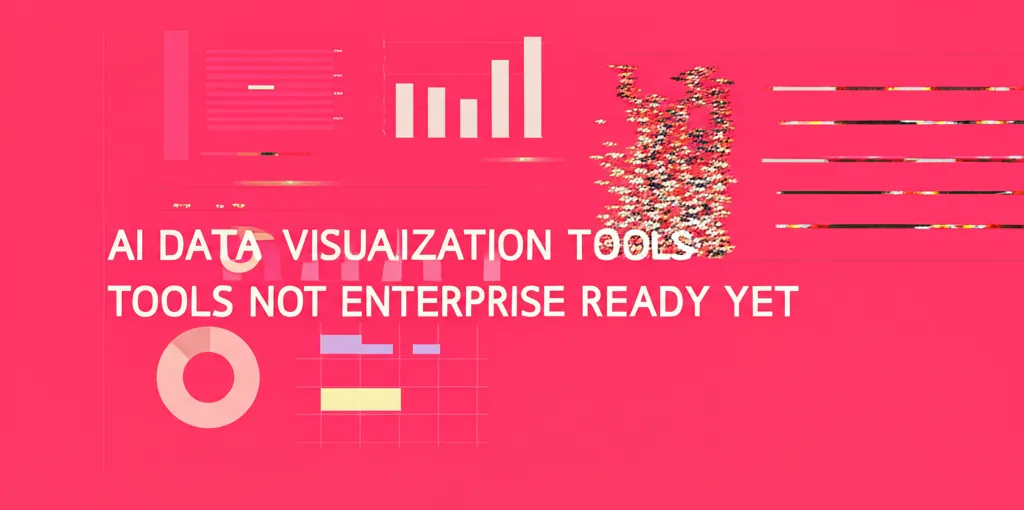Developer Offer
Try ImaginePro API with 50 Free Credits
Build and ship AI-powered visuals with Midjourney, Flux, and more — free credits refresh every month.
OpenAI Is Testing GPT 5 What To Expect Next

(Image credit: Shutterstock)
The tech community is buzzing with rumors that OpenAI is actively testing its next-generation model, GPT-5. Speculation has been rampant since the release of GPT-4, but recent leaks and online breadcrumbs suggest the wait for the next major leap in AI may soon be over.
While OpenAI has not made an official announcement, several key pieces of evidence have surfaced, pointing towards a release in the coming months. These hints suggest a model with significantly enhanced capabilities, but they also bring a new set of questions about AI safety and deployment.
The Evidence: Leaks and Confirmations
The trail of clues began heating up when engineer Tibor Blaho shared a screenshot on X showing a config file that mentioned “GPT‑5 Reasoning Alpha,” dated for July 2025. Adding fuel to the fire, independent researchers found a direct reference to GPT-5 within OpenAI’s internal BioSec Benchmark repository. This discovery implies that the model is already undergoing trials in highly sensitive areas like biosecurity.
Perhaps the most direct confirmation came from OpenAI's own Xikun Zhang, who, during a discussion about the new ChatGPT Agent feature, explicitly stated that GPT-5 "is coming". This has led many to believe that the new ChatGPT Agents, which can perform tasks like booking tickets and organizing calendars, are a precursor to GPT-5's abilities, with user feedback potentially being used to fine-tune the final model.
What Can We Expect from GPT-5?
If the rumors are true, GPT-5 is poised to be a game-changer. One of the most talked-about features is a massive million-token context window, which would dramatically increase the amount of information the AI can process at once.
More importantly, GPT-5 is expected to operate as a singular, unified system. Instead of switching between different modes for visual analysis, code interpretation, or agent-like tasks, it would handle complex, multi-step requests from a single prompt. For example, you could ask it to analyze a photo, draft and send a corresponding email, schedule a follow-up meeting in your calendar, and then provide a vocal summary of its actions. This unified approach could allow users to manage complex logistics, like planning a family's weekly schedule or organizing an entire trip, from one simple request.
OpenAI is reportedly designing GPT-5 to tackle the persistent issues of hallucination and nuanced misunderstandings that affect current models. The goal is to create an AI that users can trust with more critical tasks. Furthermore, the long-term memory feature currently being rolled out in ChatGPT is expected to become even more powerful, allowing for a highly personalized and continuous interaction.
The Bigger Picture: Safety and Release
Of course, with great power comes great responsibility, and the rumors about GPT-5 have ignited safety concerns. The fact that it's being tested in biosecurity contexts has raised alarms. If an AI can reason about complex biology for research, could it also be manipulated to generate dangerous information? OpenAI has consistently promised robust safeguards, but determined users have historically found ways around digital protections.
As for the release, while no date is set in stone, an official rollout seems likely within the next few months. Following past launches, GPT-5 will probably be available first to subscribers of ChatGPT's premium tiers. You can be sure that OpenAI will not release its flagship new model until it is confident it can make a strong and positive first impression.
Compare Plans & Pricing
Find the plan that matches your workload and unlock full access to ImaginePro.
| Plan | Price | Highlights |
|---|---|---|
| Standard | $8 / month |
|
| Premium | $20 / month |
|
Need custom terms? Talk to us to tailor credits, rate limits, or deployment options.
View All Pricing Details

